Image: On October 26, 2007, in Beijing, China, the panoramic view of the Forbidden City was covered in smog. The International Olympic Committee (IOC) warned that due to severe air pollution in Beijing, some outdoor activities might face delays. (Photo by Guang Niu/Getty Images)
[People News] On June 16, Father's Day, Bo Guagua, the son of former Chongqing Party Secretary and Central Committee member Bo Xilai, posted on X (formerly Twitter), sending a remote message wishing his father — currently serving time in Beijing's Qincheng Prison — a “Happy Holiday.” Bo Xilai, also of “Red Second Generation” (children of Communist elite) background, once vied with Xi Jinping for the top leadership position of the Chinese Communist Party (CCP), only to fall from power after his wife became involved in a murder case. Bo Guagua frequently speaks out for his parents overseas, and each time he does, it may stir painful memories for Xi Jinping and reopen psychological wounds that have never healed.
Bo Guagua is something of an anomaly among the children of the CCP elite. Most “Red Second Generation” figures fall silent under Party pressure after their parents are purged, or else quietly leave the political stage and begin new lives.
Not Bo Guagua. He regularly praises his parents online. At his wedding in Taiwan in November 2023, he publicly stated that his parents “led by example, spoke with passion, endured humiliation, and sacrificed for the people and the greater good.” On May 11, Mother’s Day in many Asian countries, Bo Guagua defended his mother’s name, calling her a “modern-day Dou E” and a “hero among women,” pointedly adding, “The people’s eyes are sharp and discerning.”
His mother, Gu Kailai, is a former lawyer who received a suspended death sentence for murder. His father, Bo Xilai, was convicted of corruption, bribery, and abuse of power and sentenced to life in prison.
Yet the figure Xi Jinping likely cannot forget is Bo Xilai. Both men come from the princeling class and share similar career trajectories. If Bo had not fallen, he would have posed the greatest internal check on Xi’s rise. After Bo’s imprisonment, Xi frequently referenced the need to “eradicate the remaining poison of Bo and Wang” at key Party meetings.
Wang Lijun’s Defection Destroyed Bo Xilai’s Political Career
Bo Guagua’s grandfather, Bo Yibo, was a founding CCP elder and former Vice Premier. Though he fell from grace during the “61 Traitors” case, he was later rehabilitated and became one of Deng Xiaoping’s “Eight Immortals.” Bo Guagua’s maternal grandfather, Gu Jingsheng, was a PLA major general.
Bo Xilai became Chongqing’s Party Secretary after the CCP’s 17th National Congress in 2007. During his tenure, he launched the “Sing Red, Strike Black” campaign promoting Maoist “Red Culture” and cracking down on organised crime, forming the so-called “Chongqing Model.” He was then a rising star among the princelings and was seen as a serious contender against Xi for top leadership.
Bo was widely seen as a top candidate for the Politburo Standing Committee in the lead-up to the 18th National Congress in 2012. However, his political downfall began in February 2012 when his right-hand man, Vice Mayor and Police Chief Wang Lijun, fled to the U.S. Consulate in Chengdu seeking asylum. That defection revealed damaging political secrets and marked the end of Bo’s career.
On March 15, 2012 — the final day of that year’s National People’s Congress session — Bo Xilai was arrested in Beijing. On October 25, 2013, he was convicted of bribery, embezzlement, and abuse of power and sentenced to life in prison. The CCP publicly denounced him as a “political schemer with ambitions to seize state and Party power.”
After Wang Lijun’s defection, he disclosed to U.S. authorities a coup plot hatched by Bo and then-Politburo Standing Committee member Zhou Yongkang, head of the Central Political and Legal Affairs Commission. Their plan was for Bo to take Zhou’s position at the 18th Congress and, at the right moment, stage a coup to oust Xi Jinping and replace him.
Xi learned of this plot during his official U.S. visit from February 13 to 17, 2012. In November that year, at the 18th Party Congress, Xi became the CCP General Secretary and Chairman of the Central Military Commission. In January 2013, Xi launched the massive anti-corruption campaign during the Central Commission for Discipline Inspection’s plenary meeting, thereby gradually establishing his personal authority.
After taking power, Xi purged the “New Gang of Four” — Zhou Yongkang, Xu Caihou, Ling Jihua, and Bo Xilai — using the anti-corruption campaign to eliminate political rivals and dismantle competing factions. This marked the start of Xi’s so-called “New Era.”
Observers believe Xi’s political foundation was laid in 2012, and that event shaped everything that followed.
After Xi secured a third term at the 20th Party Congress, official mentions of “Bo-Wang residue” have all but vanished from state media, signalling a quiet shift in propaganda tone.
Bo Xilai and Wang Lijun Still Face an Unresolved Major Crime
According to investigations by the international organization World Organization to Investigate the Persecution of Falun Gong (WOIPFG), both Bo and Wang were involved in the heinous crime of harvesting organs from Falun Gong practitioners.
In August 1999, Bo Xilai, then mayor of Dalian, approved the German body trader Gunther von Hagens’ establishment of a body processing factory — the Hagens Dalian Plastination Co., Ltd. — in the Dalian High-Tech Industrial Zone. In 2003, CCP media Outlook Weekly dubbed it the “world’s largest body factory.”
As governor of Liaoning Province, Bo promoted Wang Lijun to head of the Jinzhou Public Security Bureau. There, Wang founded a “Psychological Research Center” that conducted so-called “on-site organ extraction research.”
On September 17, 2006, the China Guanghua Science and Technology Foundation awarded Wang’s center with a “Guanghua Innovation Special Contribution Award.” During the award ceremony, Wang declared: “Our technological achievements are the product of thousands of on-site collective extractions… When a person walks to the execution ground and, within minutes, their life is extended in others — that moment is deeply moving.”
What Wang called “thousands of on-site extractions” meant precisely that — thousands of live organ harvests.
Bo was later rewarded by Jiang Zemin for his fierce persecution of Falun Gong, promoted from Dalian mayor to Liaoning governor, then to Minister of Commerce in Beijing — eventually becoming Jiang’s preferred successor.
Will Xi Follow Bo Xilai’s Path?
Recently, the U.S. Congress held a hearing titled “The CCP’s Escalation of Transnational Repression.” Prominent legal scholar and exiled former Peking University law professor Yuan Hongbing revealed that the CCP’s intensifying infiltration of the U.S. in recent years is linked to a personal directive from Xi Jinping in 2022.
In his video speech, Yuan said: “Before the CCP’s 20th National Congress, at an expanded meeting of the Central Political and Legal Affairs Commission, Xi Jinping proposed a new grand strategy to suppress Falun Gong abroad. According to conscientious insiders within the system, Xi’s strategy can be summarised as: ‘One Core, Two Main Points.’”
“The ‘Core’ is to destroy the founder of Falun Gong through character assassination and moral devastation. Xi said it plainly: ‘We must spiritually decapitate Falun Gong to destroy the foundation of its existence.’” “The ‘Two Main Points’ are a media war and a legal war. The media war involves using mainstream Western media to spread lies, slander, and rumours to destroy Falun Gong’s international reputation. The legal war entails using designated agents to feed false information to media run by Falun Gong practitioners, ultimately undermining those outlets’ credibility.”
Yuan stressed that the CCP’s brutal persecution of Falun Gong is one of the most tragic human rights disasters in China this century. Falun Gong practitioners’ continued and courageous resistance constitutes one of the most influential movements in modern China. Their overseas media outlets have helped the West understand the CCP’s anti-human nature, while the Shen Yun Performing Arts company — founded by Falun Gong practitioners — has flourished globally. All this has incited the CCP’s extreme fear and hatred, prompting a new wave of transnational repression.
This year marks the 26th year of the CCP’s persecution of Falun Gong. Under Xi’s leadership, the campaign has continued for 13 years.
According to data from Minghui.org and compiled by The Epoch Times columnist Wang Youqun — formerly a speechwriter for the late CCDI head Wei Jianxing — from January 2013 to April 2025, the 13 years of Xi’s rule have seen: 130,698 documented cases of Falun Gong practitioners being abducted or harassed, 11,200 were subjected to illegal sentencing, and 1,368 confirmed deaths due to persecution.
Noting that Xi was not the original architect of the persecution or organ harvesting campaign, Wang Youqun wrote that he once tried to “clarify the truth” to Xi, distinguishing him from Jiang Zemin and urging him not to be Jiang’s scapegoat but to follow virtue. However, Xi not only refused to listen to or heed such advice, but he also “personally deployed and commanded” the escalated overseas crackdown on Falun Gong.
As of 2025, Xi Jinping has ruled China for 13 years. From constructing the Xiong’an New Area in a floodplain, to wrecking U.S.-China relations to their lowest point since normalization; from abolishing presidential term limits to tacitly supporting Russia’s invasion of Ukraine; from three years of extreme COVID-zero lockdowns to aggressive “Wolf Warrior diplomacy” that invited international isolation — Xi has brought both domestic and foreign affairs to a state of near-total disarray. Now, Xi appears to be at the point where “the collapsing wall draws pushers from all sides.” △
(People News original)



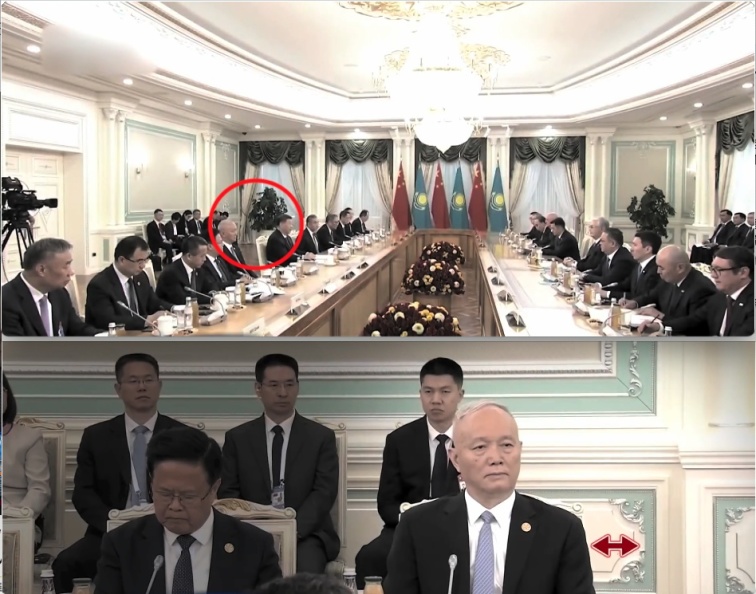
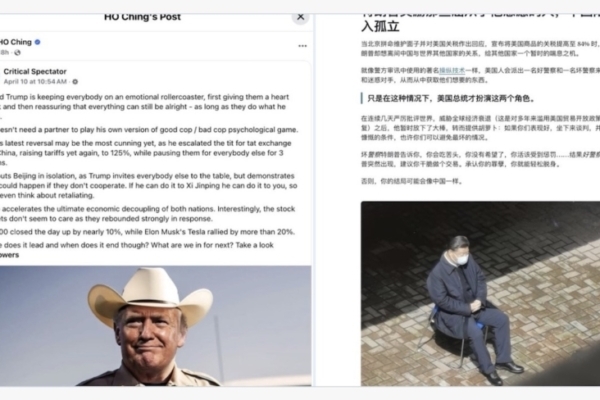

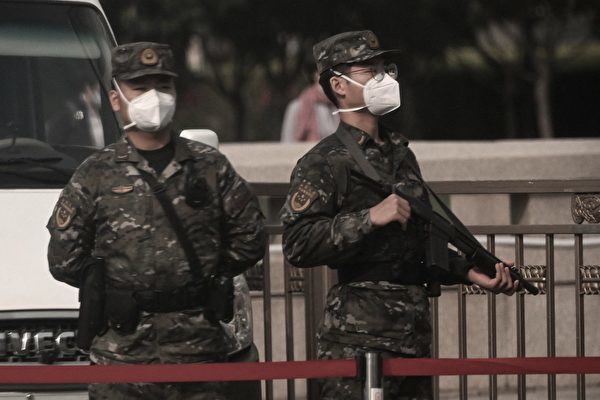
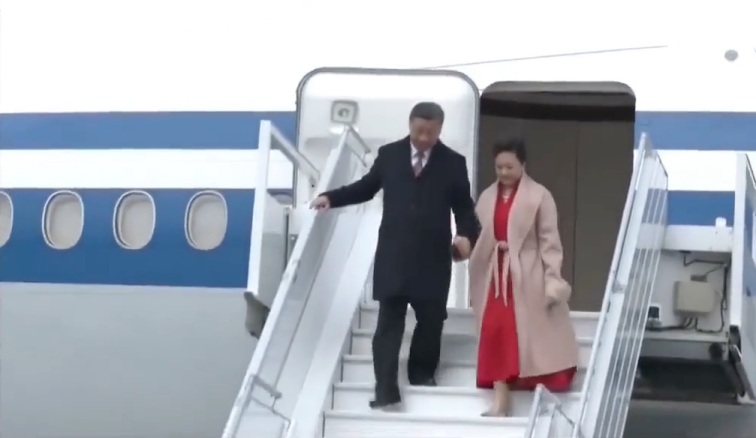

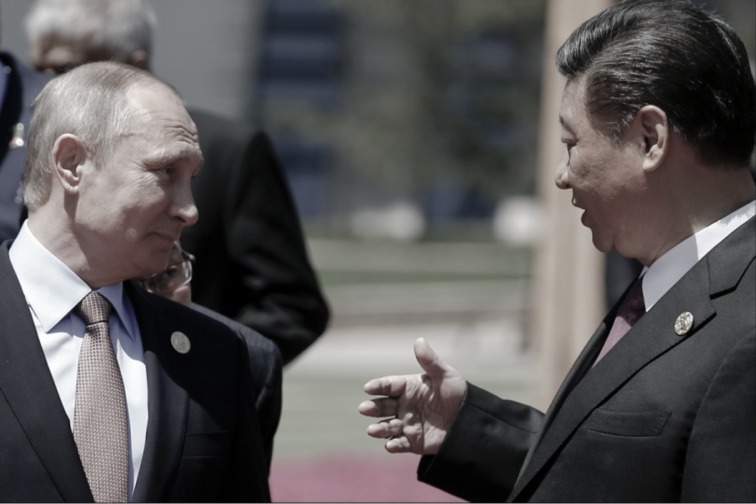

News magazine bootstrap themes!
I like this themes, fast loading and look profesional
Thank you Carlos!
You're welcome!
Please support me with give positive rating!
Yes Sure!